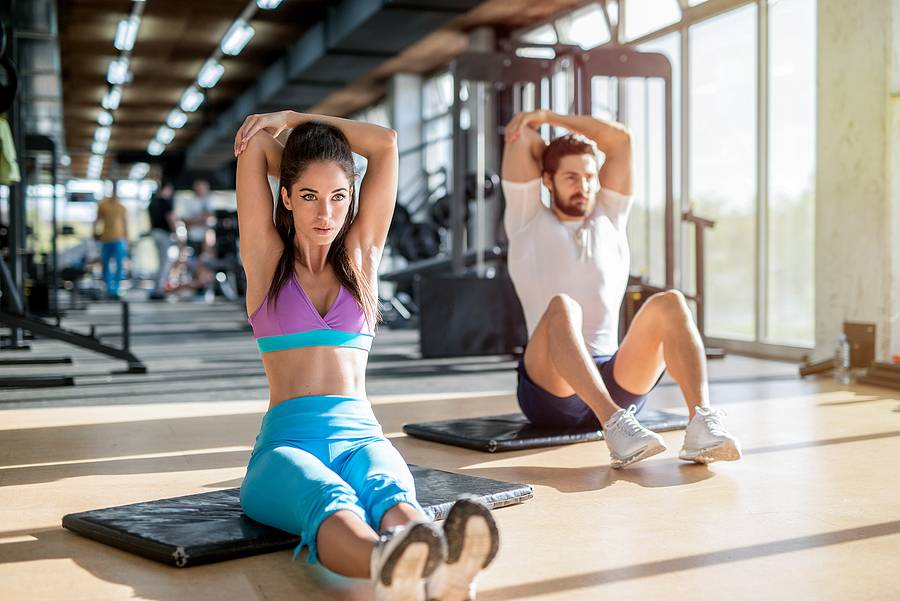Menu
- Home
- Treatments
- Our Providers
- About Us
- Patient Info
- Testimonials
- Locations
- Blog
- Financing
- Contact Us
- Home
- Treatments
- Our Providers
- About Us
- Patient Info
- Testimonials
- Locations
- Blog
- Financing
- Contact Us

Varicose veins can signal an underlying venous inefficiency, where the one-way valves in the veins fail, causing blood to accumulate and veins to enlarge. This condition can lead to discomfort, swelling, and aching in the affected limbs, urging many to seek effective treatments. At National Vascular Associates, we understand the importance of addressing this widespread issue and are here to help ensure that your vascular care extends beyond the doctor's office. Keep reading to find out how fitness can reduce varicose vein issues.

The connection between exercise and improved vein health is well-documented yet often underestimated. Regular physical activity boosts circulation, strengthens the leg muscles that aid venous return, and helps maintain a healthy weight, which can reduce the burden on your veins. Exercise offers a proactive way to mitigate the symptoms of varicose veins and improve overall vascular health.
While exercise is beneficial, not all forms are suitable for those with varicose veins. High-impact workouts that involve activities like running on hard surfaces or engaging in high-intensity interval training may aggravate symptoms by increasing venous pressure. Similarly, exercises that involve heavy lifting can strain the abdominal and leg veins if proper techniques and precautions are not followed. Awareness and modification of these activities are important for protecting vein health. Here are a few vein-friendly activities you can try:
Preparing for a Vein-Healthy Exercise Routine
Before beginning a new exercise program, especially for those with varicose veins or at risk of developing them, consultation with a healthcare provider is essential. This step ensures that your chosen activities align with your health status and vein condition. Starting gradually and paying attention to how your body responds to different exercises will help you tailor a program that supports your vein health without risking further complications.
While exercise is a cornerstone of managing varicose veins, it's part of a broader strategy that includes medical evaluation, possible procedural treatments, and lifestyle modifications. Nutrition, hydration, and avoiding prolonged periods of sitting or standing also play critical roles in vein health. For those seeking more targeted interventions, a vascular doctor may advise options like compression therapy, sclerotherapy, or laser treatments.
Are varicose veins negatively affecting your quality of life? Know that options and support are available. The team at National Vascular Associates offers advanced vascular care, personalized exercise recommendations, and lifestyle advice that can get you on the right track. We understand that each patient's experience is unique, and we're dedicated to providing care that addresses the symptoms and underlying causes of venous diseases. If you've been searching for a vascular specialist who is committed to supporting you through each and every step, contact us today to learn more about how our clinic can customize a vascular treatment plan that's right for you.